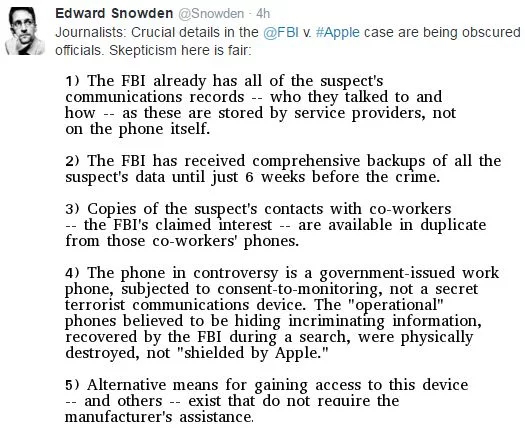It is a general principle in democracies under the rule of law that a person suspected of a crime should not be forced to incriminate himself. And the European Convention of Human Rights clearly stipulates the presumption of innocence.
Having that in mind, the Lauri Love case in the UK is troublesome.
Love is being accused of hacking U.S. government computer systems a few years back. He is now fighting extradition to the U.S. — and the British authorities when it comes to the contents of his computers.
Following Love’s arrest in 2013, the National Crime Agency, or NCA, seized computers and hard drives in his possession. He was then served with an order under Section 49 of the U.K’s controversial Regulation of Investigatory Powers Act, which demanded that he hand over his passwords to open encrypted files stored on the devices.
Years have passed since then — and when Love decided to sue to have his computers and hard drives back, authorities renewed their efforts to access them under Section 49. There will be a court hearing April 12.
“I don’t have any alternative but to refuse to comply,” he told The Intercept. “The NCA are trying to establish a precedent so that an executive body — i.e., the police — can take away your computers and if they are unable to comprehend certain portions of data held on them, then you lose the right to retain them. It’s a presumption of guilt for random data.” (…)
(So I guess you better not have any files with white noise on your hard drive.)
This is not just about Mr. Love. The case can set a dangerous president.
Naomi Colvin, a campaigner for transparency advocacy group the Courage Foundation, told The Intercept that she believed the case could have “huge implications for journalists, activists, and others who need to guard confidential information” — potentially setting a precedent that could make it easier in the future for British police and security agencies to gain access to, or to seize and retain, encrypted material.
In the end, it all boils down to one simple question: Should the government have the right to force you to decrypt encrypted information?
Apart from Ms. Colvins arguments (above), we must consider what would happen if governments are allowed to force you to incriminate yourself. It would shatter presumption of innocence. It could throw court cases into deadlock over evidence that do not exist or cannot be accessed. It would give the prosecution an unfair advantage — especially over innocent individuals, who could be detained until they give up and “confess”.
Equally important, in my mind, is that your personal information is closely connected to your person. It is of less importance if this information is stored in your mind or on an encrypted hard drive. The information you possess is a part of who you are and your life. As long as people are regarded as self-owning individuals (and not the property of the government) everyone should have the right to respect for their own person. (And for private and family life, home, and correspondence.)
But I’m not too hopeful. The Intercept:
Court documents show that the agency requested — and a judge approved — that witness statements and skeleton arguments should not be disclosed “to the press, the public, or any third party save with the leave of the court until after the final hearing, and then only in relation to such matters as are referred to in open court or as permitted or directed by the court.”
/ HAX
Read the full story in The Intercept: British authorities demand encryption keys in case with “huge implications” »
